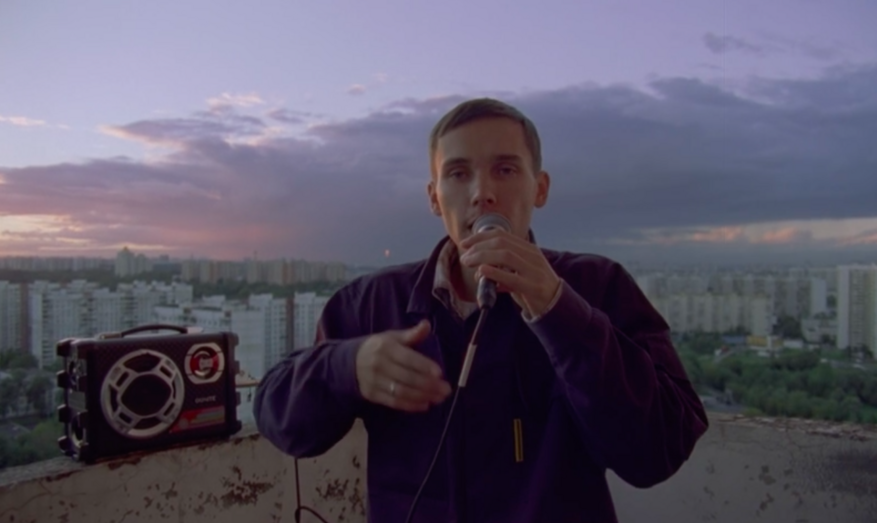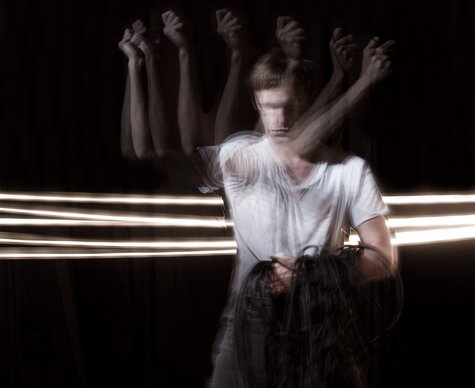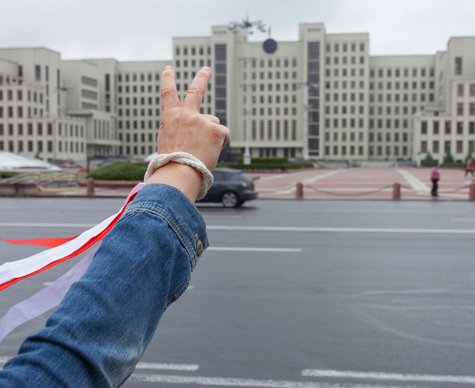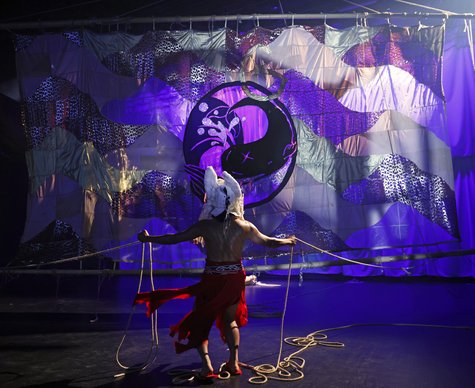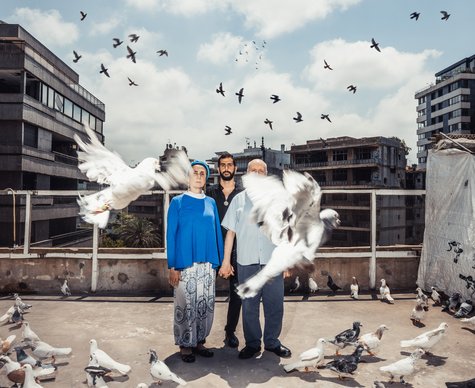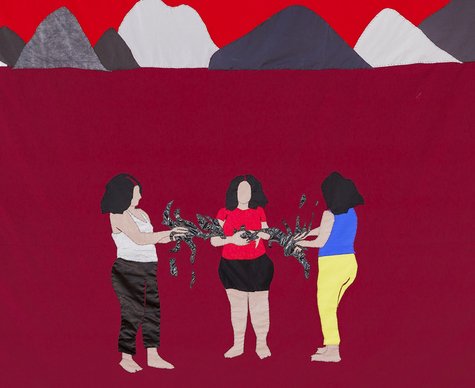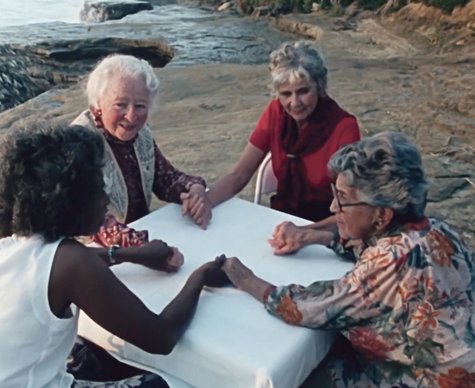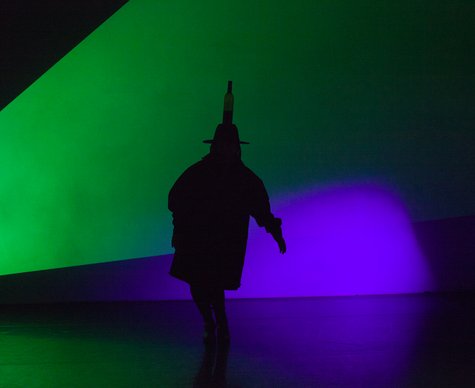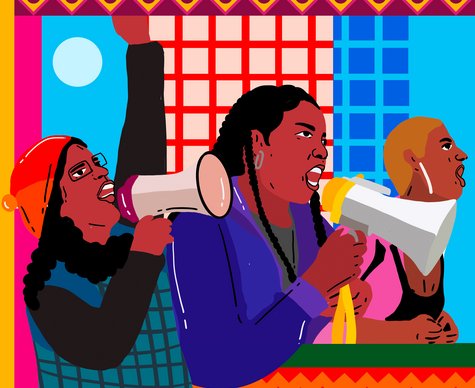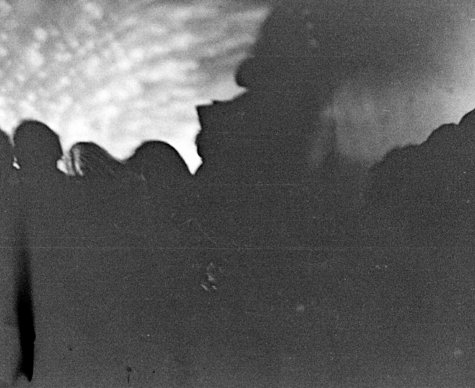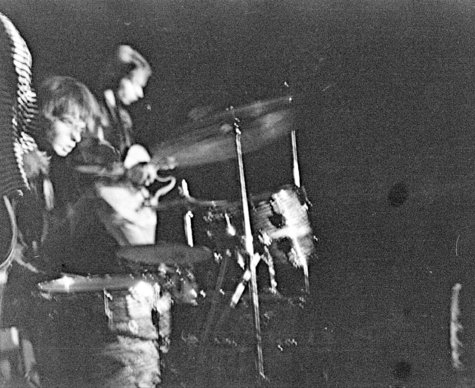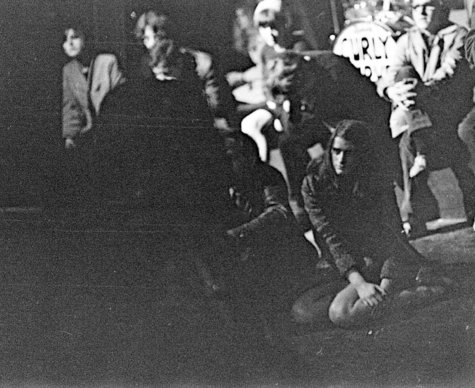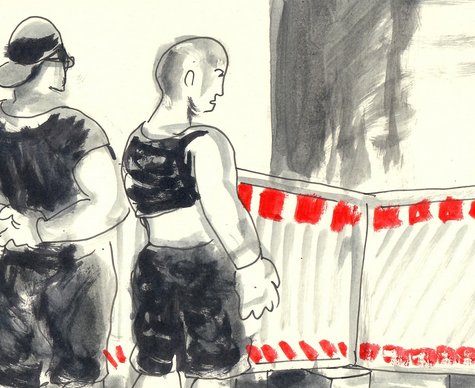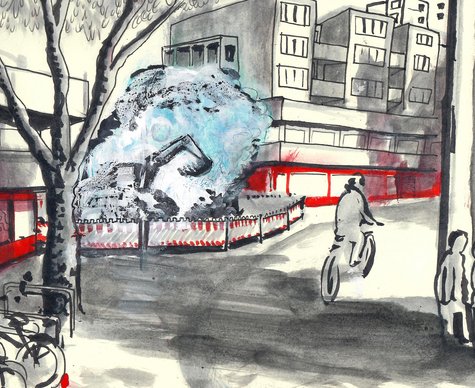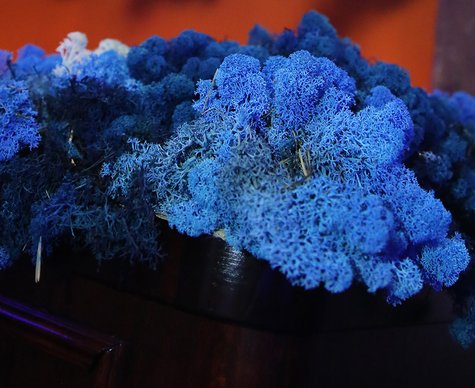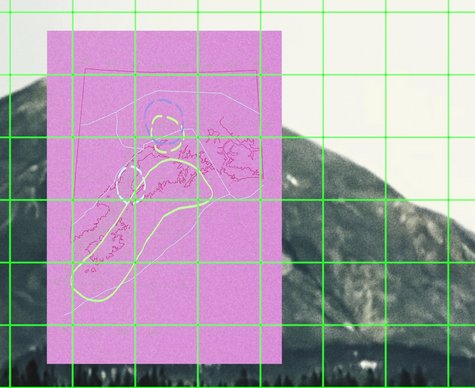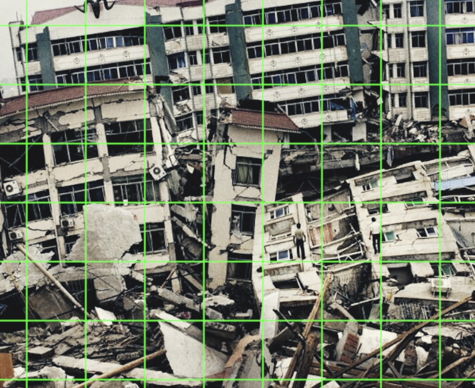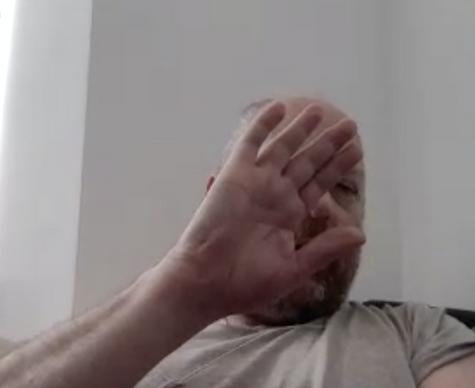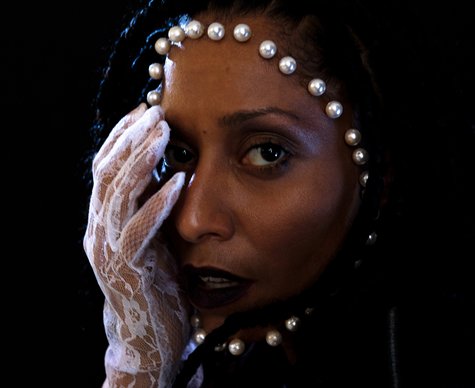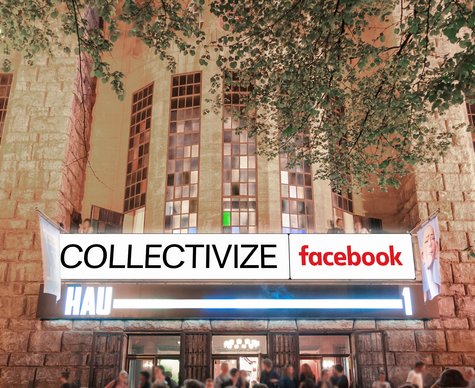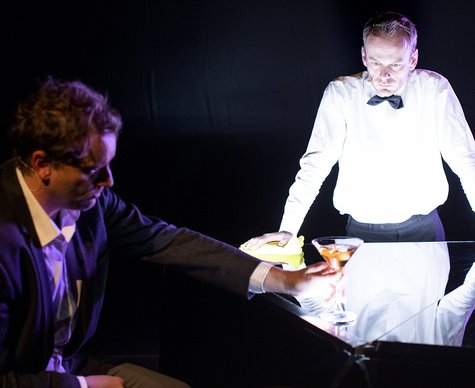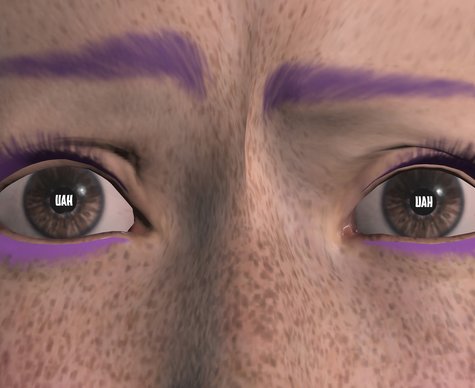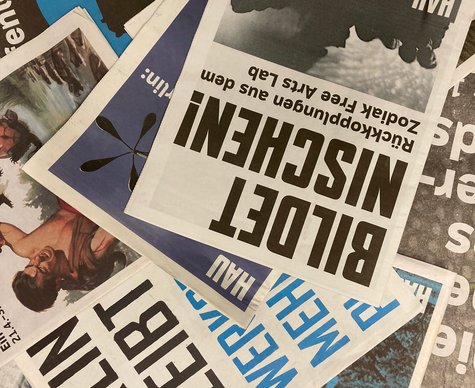Russian gangster songs – Blatnyak, songs from the backyard, squeezed from the soul
Part of the Festival “Utopian Realities – 100 Years of Now with Alexandra Kollontai”
- Music
Blatnyak or “Russian chanson” has been one of the most beloved music genres in Russia for decades. In busses, taxis or trains – if you travel to Russian these songs are unavoidable. Often accompanied by musically questionable melodies, the texts of these songs by and about robbers and swindlers, outsiders to the system, express an unmistakable longing for freedom.
Backyard songs squeezed from the soul, cheeky and bawdy, these songs promise their listeners a carnivalesque escape to where the rules of the guards are no longer valid. For in the country where criminals and intellectuals shared the same cells during the 20th century, this songwriting developed into a secret language of protest, giving hope in bleak situations. This language is understood by everyone, for in Russia, guards are always somewhere close by.
This evening is an attempt to span a musical arc: from the street songs of the time of the revolution, to heart-wrenching camp confessions and writers’ songs from the ‘60s, through motifs that have by now been conclusively established in post-Soviet Russia under the term “Russian chanson”, to more recent Russian internet phenomena.
Dates
Credits
An audiovisual performance by Maru Mushtrieva.
Russian gangster songs – Blatnyak, songs from the backyard, squeezed from the soul mixed by Maru Mushtrieva.
Location
WAU
Hallesches Ufer 34, 10963 BerlinOpen Monday to Friday, 12:00 p.m.–5:00 p.m., kitchen open until 3:00 p.m.
On performance days, WAU remains open until 2 hours after the end of the performance.
On weekend performance days, WAU is open 1.5 hours before and 2 hours after the performance, with the kitchen open.
On Saturdays and Sundays without performances, WAU is closed.
Access: Entry to the WAU at HAU2 is at ground level. There are two designated parking spaces in front of the building (in Großbeerenstraße).
Sanitary facilities: There are sanitary facilities for people with disabilities.
www.wauimhau.de
